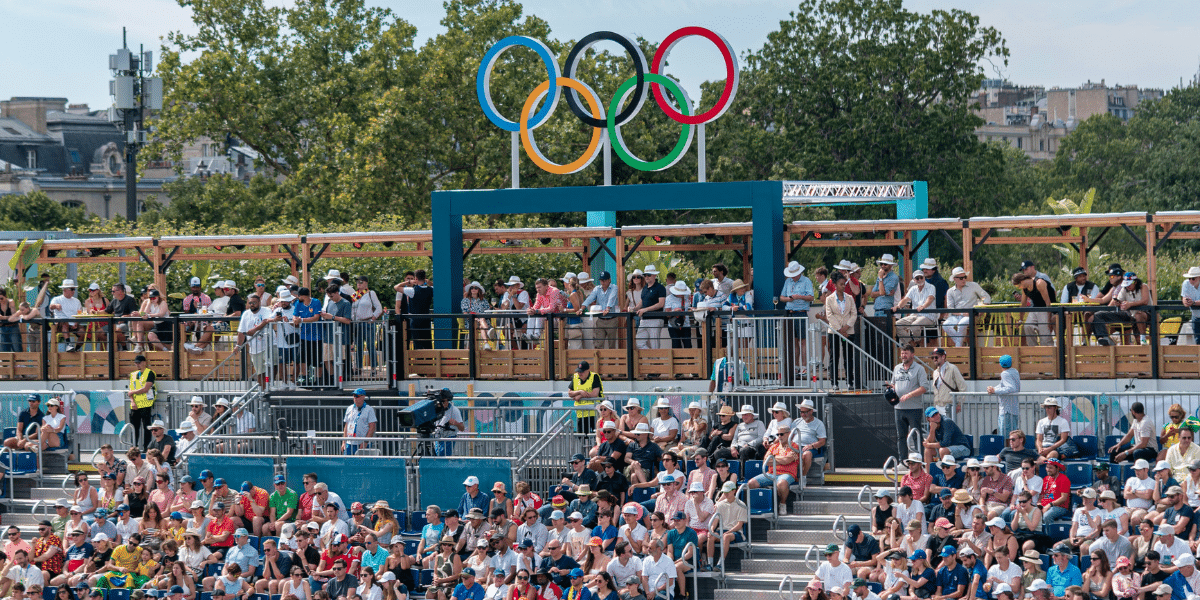Exploring the Transformation of Genres on Broadway
The world of Broadway has undergone a remarkable evolution in terms of its genres, transitioning from classic musicals to experimental plays that push artistic boundaries. This transformation not only reflects the dynamic nature of theatrical arts but also mirrors the changing preferences of the audience over the years.
In recent decades, Broadway has witnessed a shift from the traditional, song-and-dance format of classic musicals to more experimental and thought-provoking plays. This transformation is indicative of a broader trend in the entertainment industry, where audiences increasingly seek diverse and innovative experiences.
A Journey Through Broadway’s Musical Landscape
Broadway has a rich history of classic musicals that have defined the genre for generations. From the iconic melodies of “The Phantom of the Opera” to the timeless storytelling of “Les Misérables,” these productions have left an indelible mark on the world of theater. However, as the tastes of the audience evolved, so did the need for fresh and groundbreaking narratives.
The emergence of experimental plays on Broadway marked a departure from the conventional norms of musical theater. Productions like “Rent” and “Hamilton” challenged traditional storytelling methods, incorporating unconventional musical styles and tackling socially relevant themes. This shift resonated with a new generation of theatergoers who craved more than just catchy tunes and elaborate choreography.
Audience Preferences in Flux
As Broadway genres transformed, so did the expectations of the audience. The traditional charm of classic musicals continues to attract a devoted fan base, but there’s a growing appetite for narratives that break the mold. Experimental plays, with their fusion of genres and innovative storytelling, have found a receptive audience willing to explore the boundaries of theatrical expression.
Contrarian Statement: The Classic Musical Magic Endures
Amidst the evolving landscape, it’s essential to acknowledge that classic musicals still hold a special place in the hearts of many theater enthusiasts. The enduring popularity of productions like “Cats” and “The Sound of Music” demonstrates that the timeless appeal of well-crafted melodies and captivating stories continues to draw audiences seeking a more traditional and nostalgic experience.
Summarizing the Evolution
In summary, the evolution of Broadway genres reflects a dynamic interplay between tradition and innovation. Classic musicals paved the way for the experimental plays that have redefined the theatrical landscape. The changing tastes of the audience have driven this transformation, with a demand for both the comfort of familiar tunes and the thrill of groundbreaking narratives.
As Broadway continues to evolve, one thing remains certain – the diversity of genres ensures that there is something for every theatergoer. Whether it’s the timeless melodies of a classic musical or the avant-garde storytelling of an experimental play, Broadway continues to captivate audiences with its ability to adapt and reinvent itself.
This journey through the evolution of Broadway genres serves as a testament to the resilience and creativity of the theatrical arts, reminding us that the stage is a dynamic space where tradition and innovation coexist to create unforgettable experiences for audiences worldwide.














